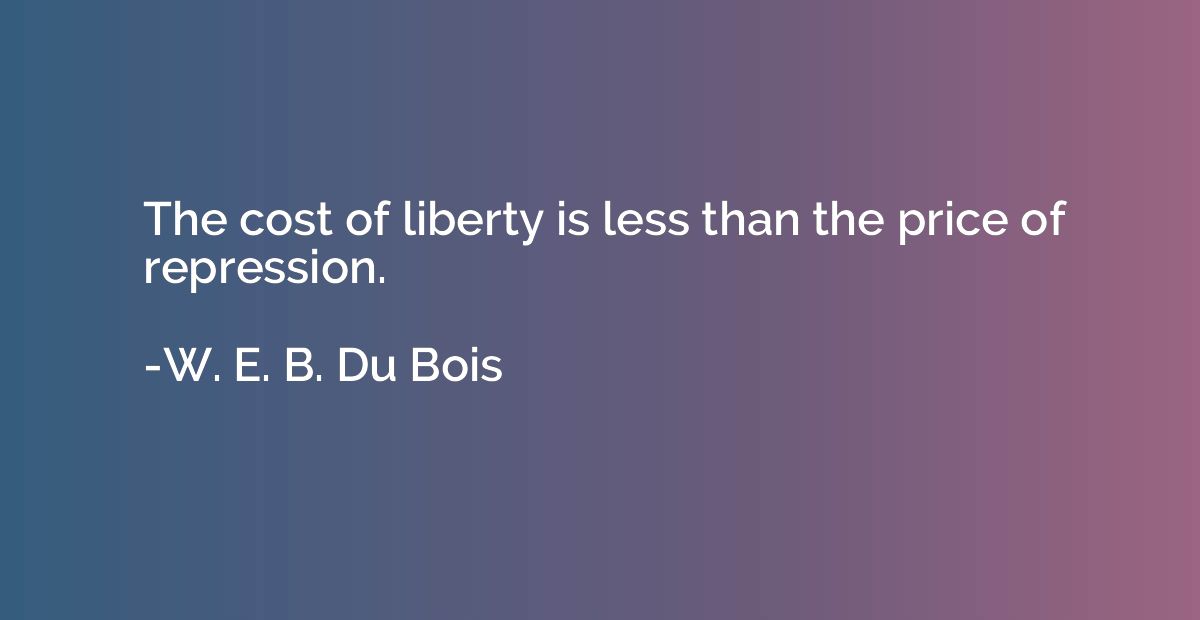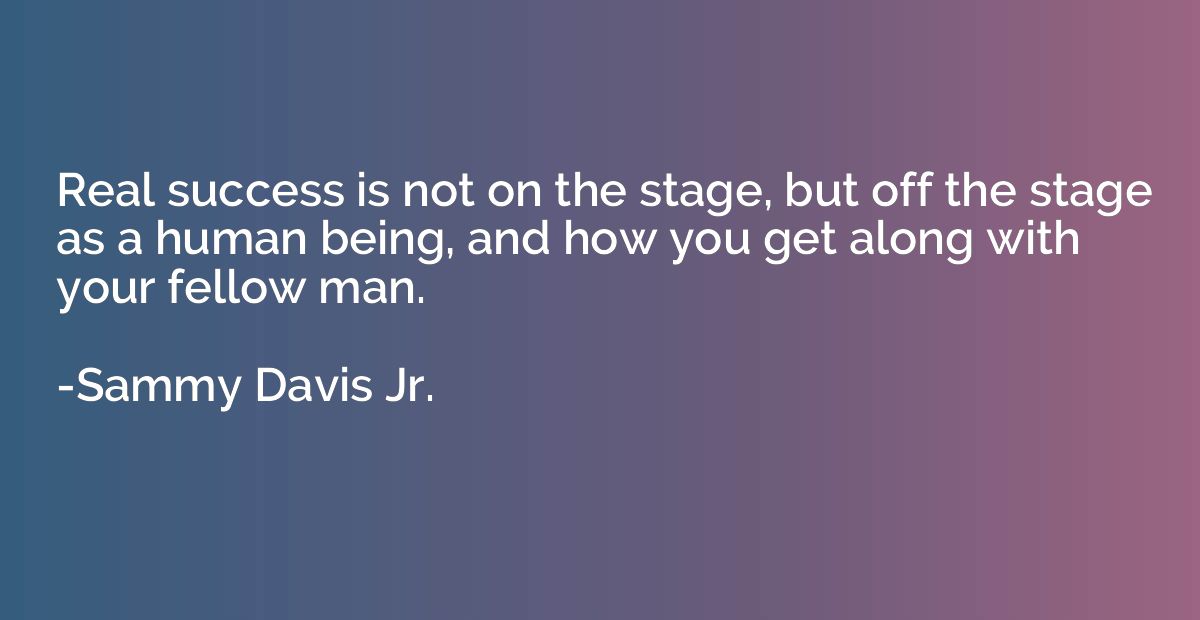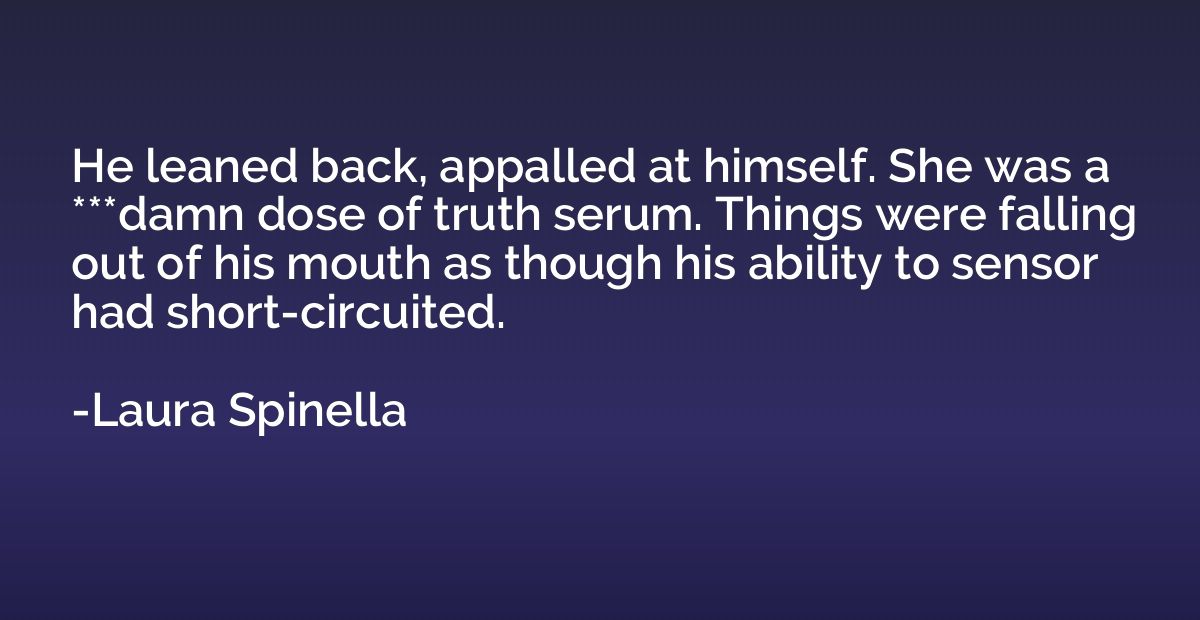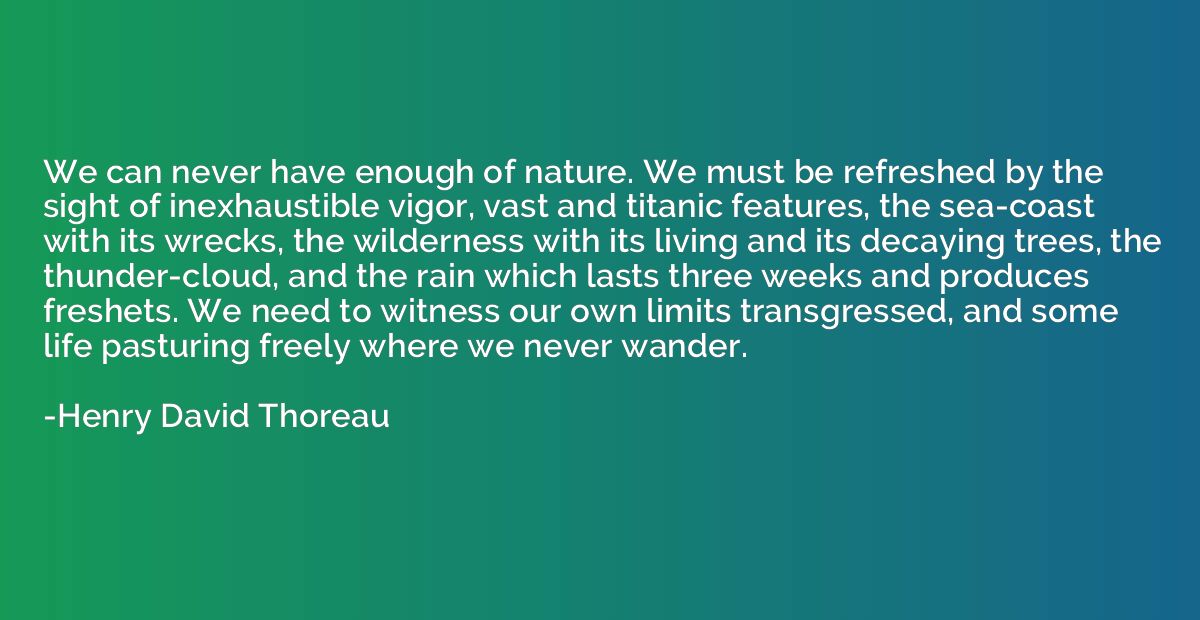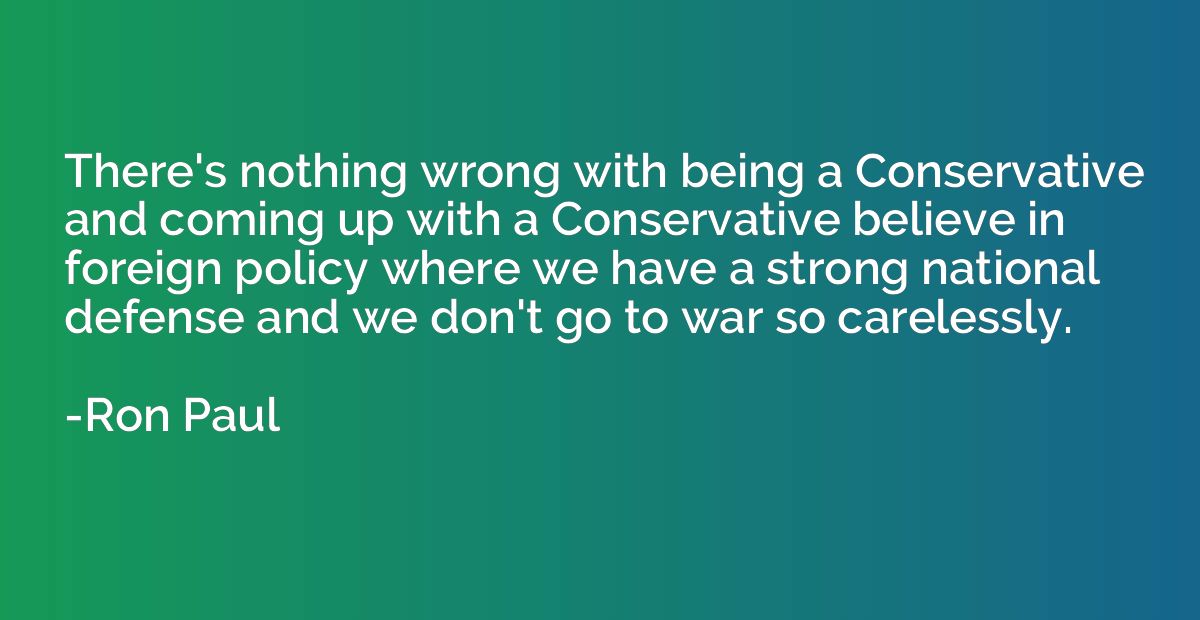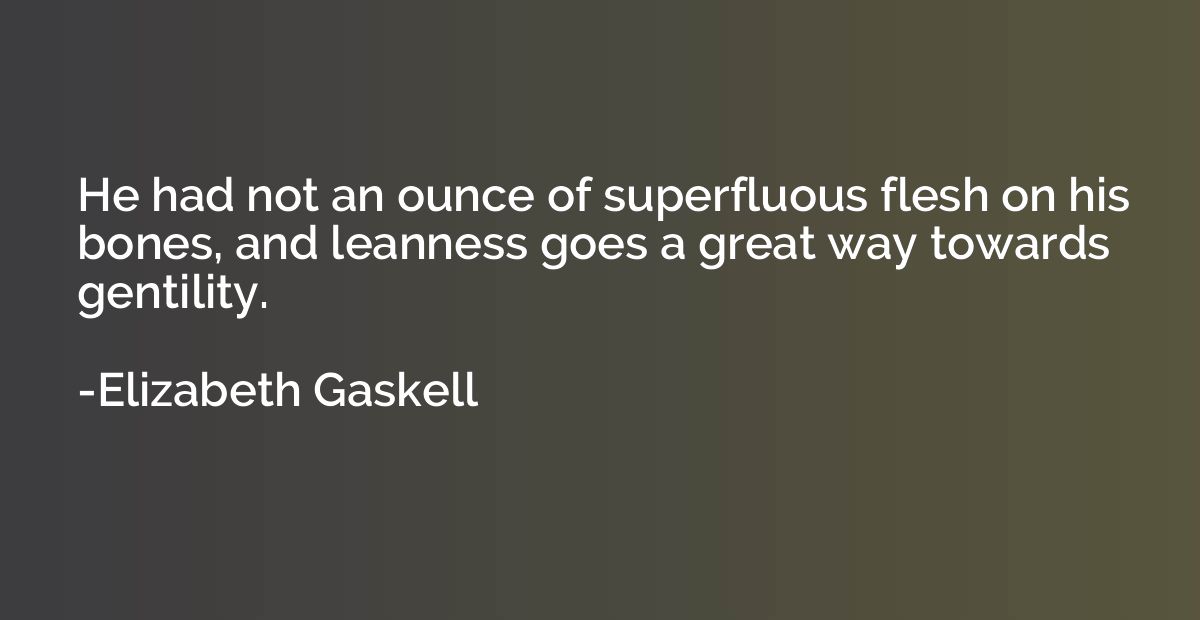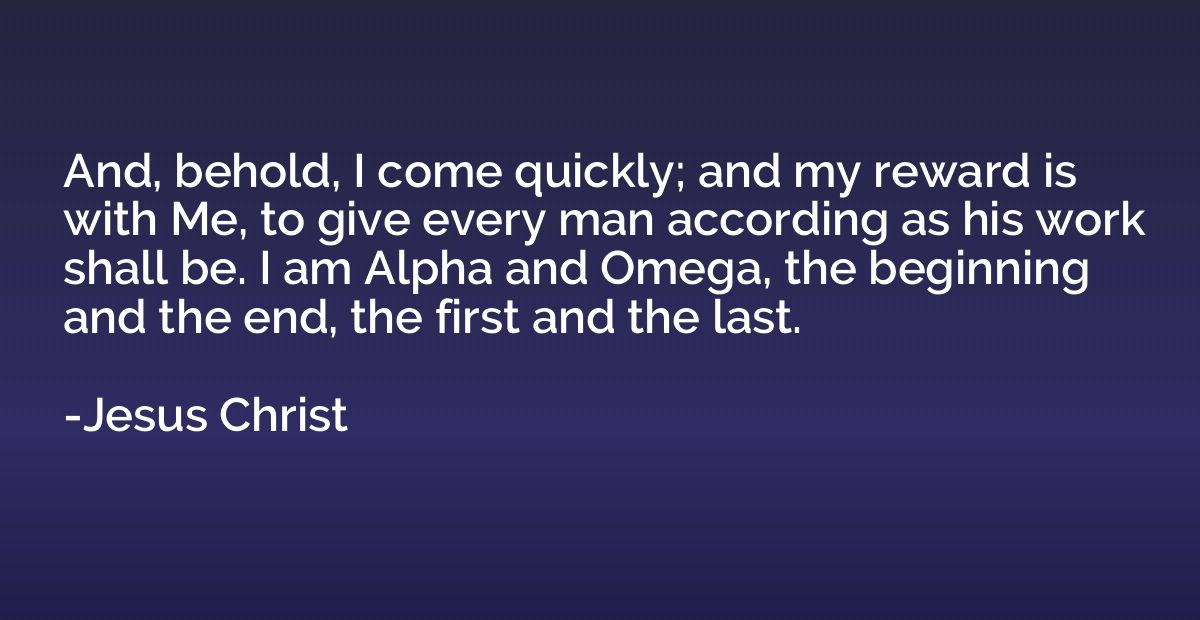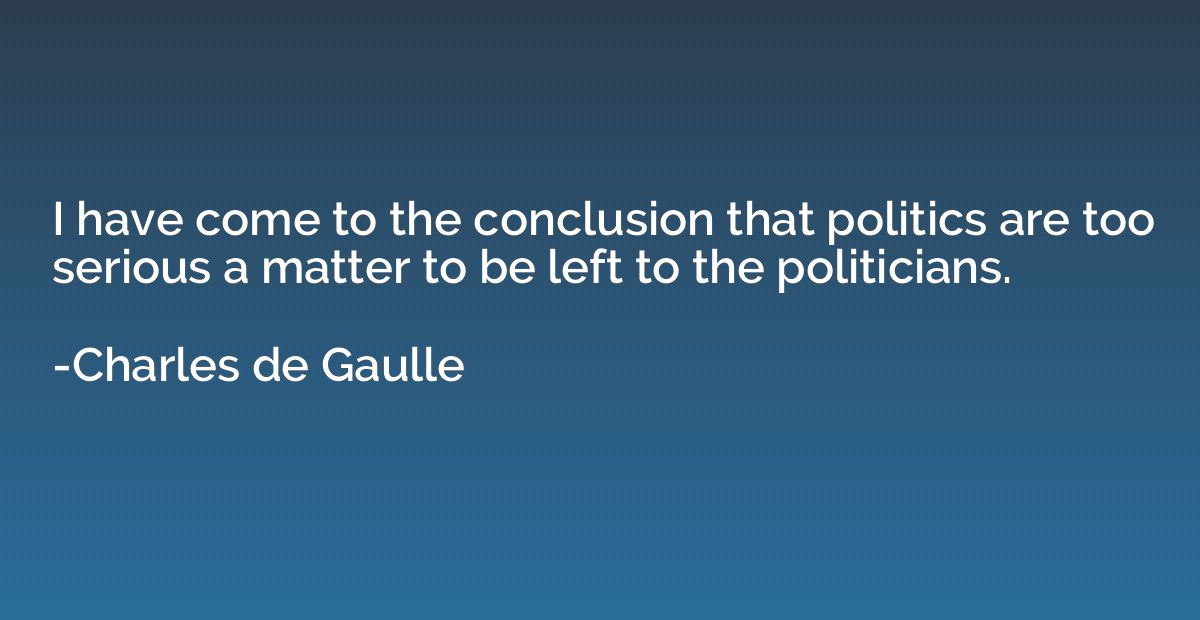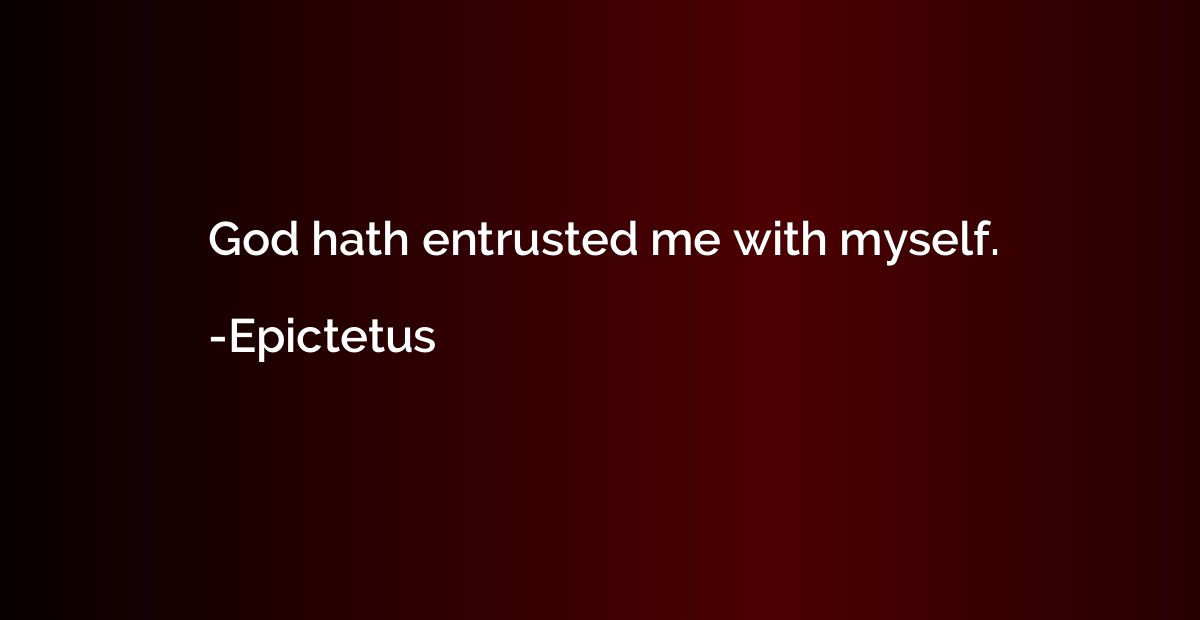Summary
This quote emphasizes that preserving freedom and liberty requires less sacrifice and resources compared to the consequences of living under oppression and control. By investing in upholding individual rights and allowing people to exercise their freedoms, societies can avoid the opposing costs involved in suppressing and suppressing dissent. It suggests that the price to maintain a free and open society is ultimately lower than the price paid to suppress and limit liberty.
